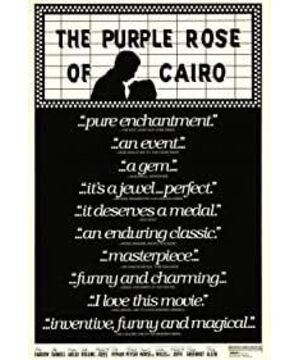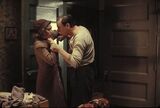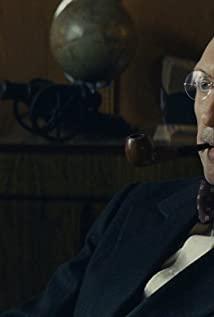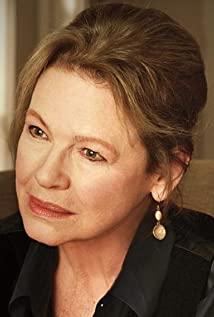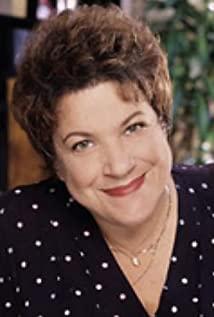I don't think this movie is one where Woody Allen is serious about discussing, expressing, or asking questions
For example, in "Annie Hall", Woody Allen's opening monologue can be said to be what he wants to express through the characters, his understanding of love (everyone needs eggs), his attitude towards life (so unpalatable to give back so little) the phrase "have a little faith" at the end of "Manhattan" can be understood as his advice to himself
In this kind of work we can see that he expresses clearly and earnestly, he means it
But I don't think the movie should be interpreted this way
For example, read from the perspective of truth and falsehood:
The movie is so cheerful and open that it took me a day or two, after I'd seen it, to realize how deeply Allen has reached this time. If it is true, and I think it is, that most of the time we go to the movies in order to experience brief lives that are not our own, then Allen is demonstrating what a tricky self-deception we practice. Those movie lives consist of only what is on the screen, and if we start thinking that real life can be the same way, we are in for a cruel awakening. ——rogerebert
From the perspective of love (it can also be said to be interpreted from the perspective of understanding "self"):
But in one of Woody Allen's interesting twists, he has Shepherd fall in love with Cecilia. It's a nice little comment on the nature of love, that who we fall in love with is something that's decided at the core of who we are. —— 100 films
Such interpretations are suspected of over-interpreting, because I personally feel that the director is not discussing anything, and it can even be understood as a simple romantic and sad story
It may be more meaningful to interpret from the point of view of technique
Woody Allen is so fond of breaking the example between the audience and the actors. In "Annie Hall", he directly pulled the man who quarreled with him to the camera and reasoned with the audience. In the script "Central Park West Road", he let the script The author suddenly appeared, chatted with the characters in the play for a while, and then went back to finish writing the script. This film directly bases the entire story on the escape of the actors.
Interpreting it from this perspective is more powerful than emphasizing the emotional meaning of a certain aspect of a film that is inherently ambiguous
View more about The Purple Rose of Cairo reviews


